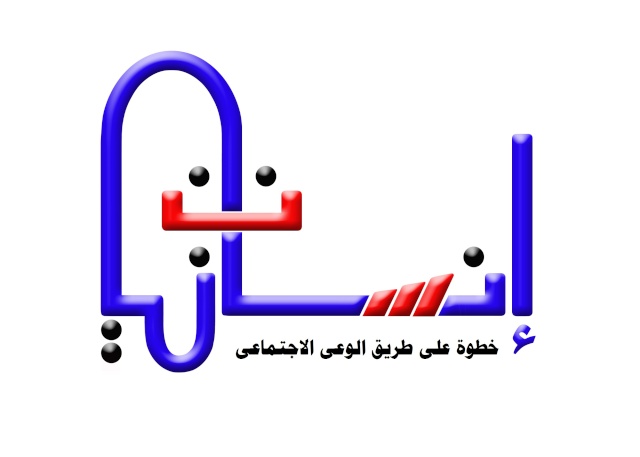د. فرغلى هارون
المدير العـام

 عدد الرسائل : 3278 عدد الرسائل : 3278
تاريخ التسجيل : 07/05/2008
 |  موضوع: Next Generation Society Technological and Legal Issues, 2010 موضوع: Next Generation Society Technological and Legal Issues, 2010  15/4/2010, 11:33 am 15/4/2010, 11:33 am | |
|

Next Generation Society Technological and Legal Issues
Alexander B. Sideridis, & Charalampos Z. Patrikakis (Eds.)
Springer, NewYork, 2010
455 pages
5 mb Recent developments in information and communication technology (ICT) have paved the way for a world of advanced communication, intelligent information processing and ubiquitous access to information and services. The ability to work, communicate, interact, conduct business, and enjoy digital entertainment virtually anywhere is rapidly becoming commonplace due to a multitude of small devices, ranging from mobile phones and PDAs to RFID tags and wearable computers. The increasing number of connected devices and the proliferation of networks provide no indication of a slowdown in this tendency. On the negative side, misuse of this same technology entails serious risks in various aspects, such as privacy violations, advanced electronic crime, cyber terrorism, and even enlargement of the digital divide. In extreme cases it may even threaten basic principles and human rights.Contents
Session 1: Politics – Legislation – Regulatory Framework
A Study on the Lack of Enforcement of Data Protection Acts
The Impact of the Web and Political Balance to e-Democracy
Using Structured e-Forum to Support the Legislation Formation ProcessSession 2: Enhancing Quality of Life through e-Services
From the Digital Divide to Digital Inequality: A Secondary Research in the European Union
Inkjet-Printed Paper-Based RFID and Nanotechnology-Based Ultrasensitive Sensors: The “Green” Ultimate Solution for an Ever Improving Life Quality and Safety?
Examining Adoption of e-Procurement in Public Sector Using the Perceived Characteristics of Innovating: Indonesian PerspectiveSession 3: Politics – Legislation – Regulatory Framework
Studying the Interaction of the Epistemology in e-Government, Organization Studies and Information SystemsSession 4: Supporting Democracy through e-Services
e-Campaigning: The Present and Future
e-Democracy: The Political Culture of Tomorrow’s Citizens
Parademo: e-Democracy Based on a Delegated Expert Selection Process in a Small-World Network
Telep @ b Project: Towards a Model for eParticipation and a Case Study in Participatory Budgeting
Stakeholder e-Participation in Local Planning: The Camargue Park CaseSession 5: Identity Management, Privacy and Trust
Core Structure Elements Architectures to Facilitate Construction and Secure Interconnection of Mobile Services Frameworks and Advanced IAM Systems
Economics of Personal Data Management: Fair Personal Information Trades
Evaluating Common Privacy Vulnerabilities in Internet Service Providers
Intellectual Property Rights Protection in Peer to Peer NetworksSession 6: Security, Attacks and Crime
Information Assurance and Forensic Readiness
An Ontology-Driven antiSPIT Architecture
Can Formalism Alone Provide an Answer to the Quest of a Viable Definition of Trust in the WWW Society?
Biological Aspects of Computer Virology
Information Systems Security Management: A Review and a Classification of the ISO Standards
Web Server Security on Open Source EnvironmentsSession 7: e-Government and Local e-Government
e-Government Readiness, Strategy and Two Different User Groups - in Austria
On e-Government Project Development in Balmeda
A Prototype System for Electronic Data Interchange among Registrar’s Offices of Different States
e-Government for Development Information Exchange (DIE): ZambiaSession 8: Education and Training
Semantic e-Learning: Next Generation of e-Learning?
Supporting Rural Citizens’ Access to Knowledge: One More Aspect of e-Democracy
Evaluating a Greek National Action on Parents’ Training on ICT and Internet Safety
Evaluating a Greek National Action on Students’ Training on ICT and Programming CompetencesSession 9: Collaboration, Social Networking, Blogs
OPSIS: An Open, Preventive and Scalable Migration Information System
Online Communities: The Case of Immigrants in Greece
From Online to Ubiquitous Cities: The Technical Transformation of Virtual Communities
A New Paradigm for Secure Social Lending
Techno Generation: Social Networking amongst Youth in South Africa
Combining Immersive Virtual Worlds and Virtual Learning Environments into an Integrated System for Hosting and Supporting Virtual ConferencesSession 10: Pervasive, Ubiquitous, and Intelligent Computing
Social Network Analysis and Its Applications in Wireless Sensor and Vehicular Networks
SWEB: An Advanced Mobile Residence Certificate Service
p-Democracy a Pervasive Majority Rule
Group Monitoring in Mobile Ad-Hoc Networks | |
|
